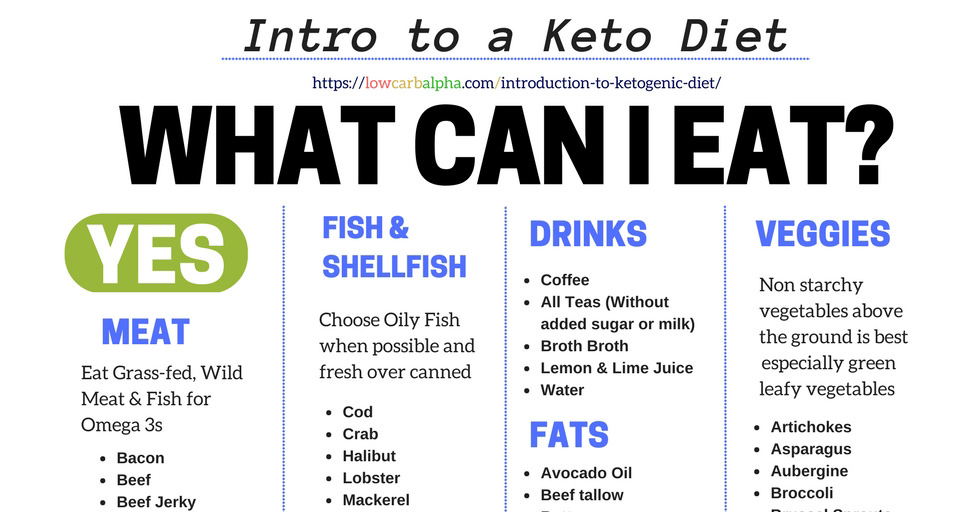By recent ASU nutrition student Alysia Nelson
Part of an ongoing series of articles on the Ketogenic Diet

Myth: Eating more fat will make you fat. An excess in fat consumption paired with a high amount of carbohydrate intake creates an excess of calories leading to weight gain. However, this new fat is not because of the fat you are consuming. Studies have consistently shown that a diet higher in fat and lower in carbs lead to more weight loss due to fat’s sating properties.1 Fat has more calories per gram than the other macronutrients such as protein and carbs which leads to decreased hunger.1
Myth: A diet high in saturated fat promotes high cholesterol. A low-carb, high-fat diet increases HDL (“good cholesterol”). This leads to lower blood pressure and decreases LDL (“bad cholesterol”) levels.1
Myth: Eating eggs cause heart disease. It has been said that a diet with too many eggs leads to an increased risk of heart disease due to the amount of cholesterol in eggs. Despite eggs being high in cholesterol their properties help promote HDL (“good cholesterol”) levels.1 Eggs are the perfect food for a ketogenic diet because they are an excellent source of healthy fats, protein, vitamins, minerals, choline, and antioxidants.1
Myth: A diet high in meat is bad for your health. Anyone stumbling into the ketogenic diet quickly realizes that red meat is an excellent source of fat and protein. However, some are nervous about the correlation between processed meats and diseases. Numerous studies have concluded that unprocessed red meat itself has no connections with diseases such as cancer, cardiovascular disease, or type II diabetes.1 Red meat has been deemed nutritious because it is full of vitamins, minerals, protein, and healthy fats.1
1 Top 13 Nutrition Lies That Made the World Sick and Fat. (n.d.). Retrieved March 19, 2018, from https://www.healthline.com/nutrition/top-13-nutrition-lies-that-made-the-world-sick-and-fat#section11
Editor’s Note: Fill Your Plate neither endorses or supports this type of diet, but encourages readers to always consult with your doctor regarding special diets. This series shares one nutrition student’s experiences with the diet.

